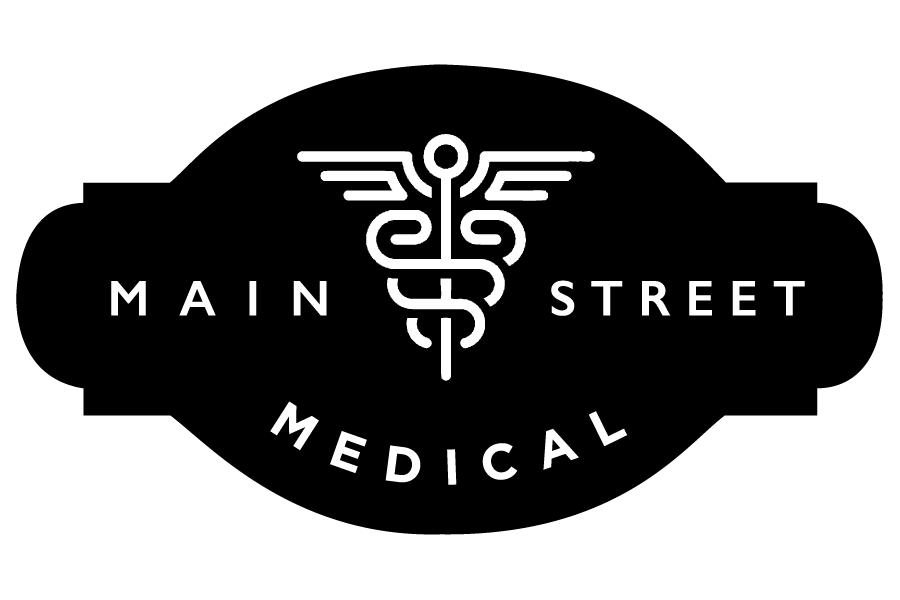Benefits of Vitamin D
My Thoughts about Vitamin D - by Dr. Cynthia Reed
Why Optimize Vitamin D Levels
The Benefits of Vitamin D
Getting tested for Vitamin D
Optimal ranges of Vitamin D
Sources of Vitamin D
Why Optimize Vitamin D?
Vitamin D is important for optimal health. Vitamin D contributes to many normal physiologic body processes. Most recently, Vitamin D deficiency has been associated with an increased risk of COVID 19 complications.
Overall, vitamin D3 greatly impacts health through its many receptors in multiple cells and tissues throughout the body. Vitamin D helps regulate multiple organ systems including hormones, the skeleton, the GI system, the nervous system, skin/hair/nails, among others.
While vitamin D supplements are sometimes required, the preferred source of Vitamin D is the sun. This is actually the reason why many people are now deficient in vitamin D. We spend an abundance of time indoors under artificial lights during normal daylight hours.
Benefits of Vitamin D
Many people take Vitamin D for granted. We have always been taught it is important for healthy bones but have not been impressed as much with Vitamin D’s other actions. Vitamin D is critical for modulating the immune system. Autoimmune diseases such as lupus, rheumatoid arthritis, Crohn’s, Celiac disease, multiple sclerosis and thyroid problems due to Hashimoto’s and Grave’s improve when vitamin D levels are optimized.
We all know that adequate vitamin D strengthens bones. This occur because vitamin d is itself actually a hormone precursor that feeds into the production of calcitriol, which is a steroid hormone. Calcitriol is essential for healthy bones—it drives increased bone strength and bone cell regeneration. This helps keep your bones younger than their actual years!
Vitamin D is necessary to maintain optimal levels of minerals as well. It helps mediate absorption of calcium, magnesium and potassium from your diet. Each of these minerals is required by the body for streamlined function. The human body is quite amazing, isn’t it?!
Vitamin D also suppresses your body’s production of parathyroid hormone which itself causes the breakdown of bone. This process if left unchecked (sometimes due to low vitamin D levels) will result in weak bones in both children and adults. For aging adults, this is particularly worrisome and will predispose them to hip fractures.
Vitamin D is also important in communicating with your gut microbiome—this is the term for your unique bacterial universe living in your gut. The microbiome is responsible for relying on vitamin D to act as a signal to manufacture other vitamins such as vitamin B5 (pantothenic acid). B vitamins have their own benefits for the human body which will not be addressed here.
Vitamin D really supplies the human body with a veritable smorgasbord of health benefits. Some not already mentioned include improving sleep, reversing estrogen dominance (which has been associated with breast cancer), decreasing depression, improving metabolic health for those with insulin resistance and decreasing hair loss. Wow! Vitamin D really is a jack-of-all-trades.
Getting Tested for Vitamin D
I recommend patients have their vitamin D levels tested as part of their routine health check ups at least every other year. The preferred test for checking Vitamin D is the 25(OH) vitamin D test. There is another version called 1,25 (OH) Vitamin D but the “twenty five hydroxy D” test is the most accurate.
Optimal Vitamin D Range
Traditional labs list the range for Vitamin D as normal if between 30-100. Most integrative health professionals would argue that the range is ideally 45-65. Sometimes levels from 66-90 are targeted for patients with a family or personal history of cancer or autoimmune disease.
Best Sources of Vitamin D
The best source of vitamin D is natural sunlight. A general rule of thumb is that you get 400 units of Vitamin D form a glass of fortified milk versus 20,000 units from 30 minutes of unprotected sun exposure (or until your skin turns slightly pink). I would recommend getting 15-20 minutes of early morning sun between the hours of 8AM and 10AM. This is the time the UV light is most adept at initiating the physiologic process in your skin to make vitamin D. One should avoid bathing for 20 to 30 minutes after sun exposure to maximize skin vitamin D production.
Second best way to boost vitamin D is through food sources. Foods high in Vitamin D content are fortified milk, fatty fish, cod liver oil and egg yolks.
Least desirable method to make your vitamin D goal is with supplements. But this is becoming ever more frequently required as most people don’t get enough sun nor eat enough vitamin D rich foods. Vitamin D3 is the preferred supplement. The dose really depends on your starting point level. Additionally, it is always best to try to take vitamin K2 with Vitamin D to improve its absorption. Also because vitamin D is fat soluble, it helps to take the supplement with a fatty food such as avocados, coconut, milk or eggs.
Vitamin D Summary
Overall Vitamin D is critical for optimal health. I would recommend knowing your baseline level. If the level is low, get outside. Consume foods high in Vitamin D. You may need to consider a supplement as well. But please have a talk with your healthcare provider about this crucial vitamin!
Dr. Cynthia Reed

